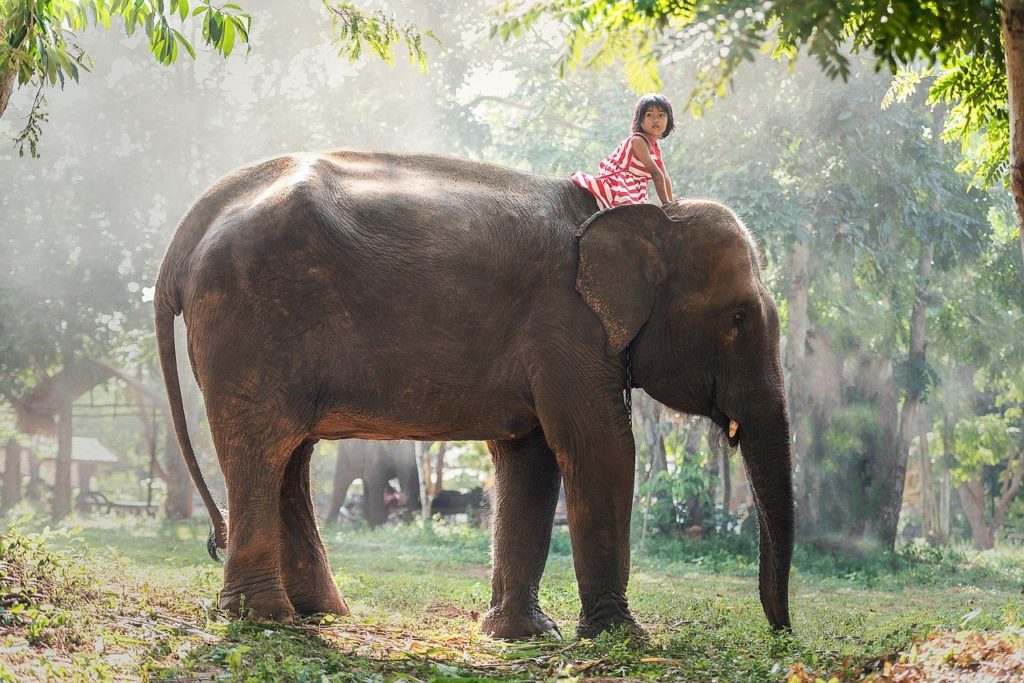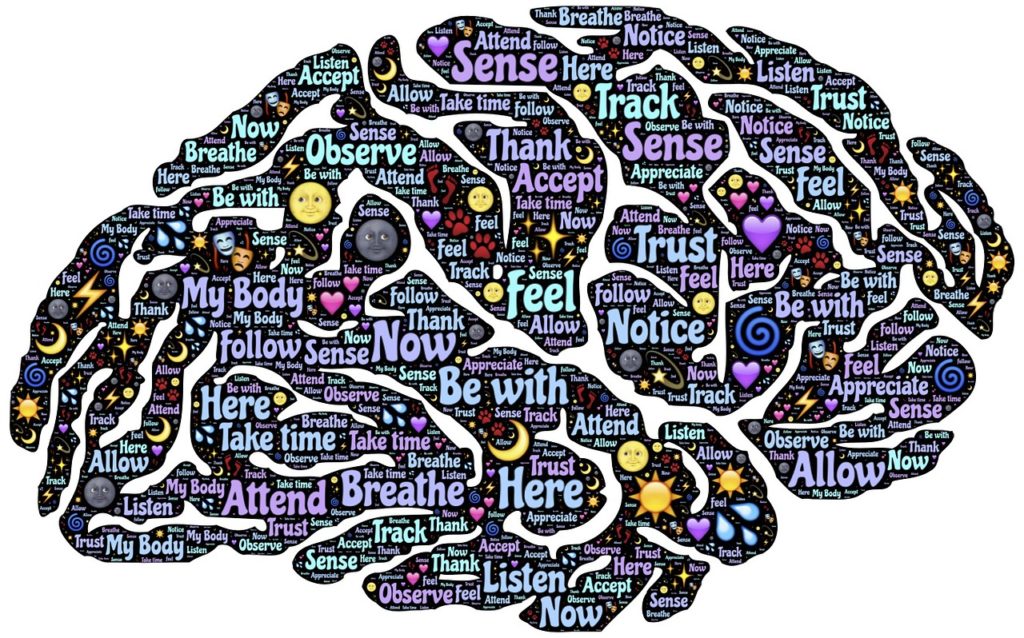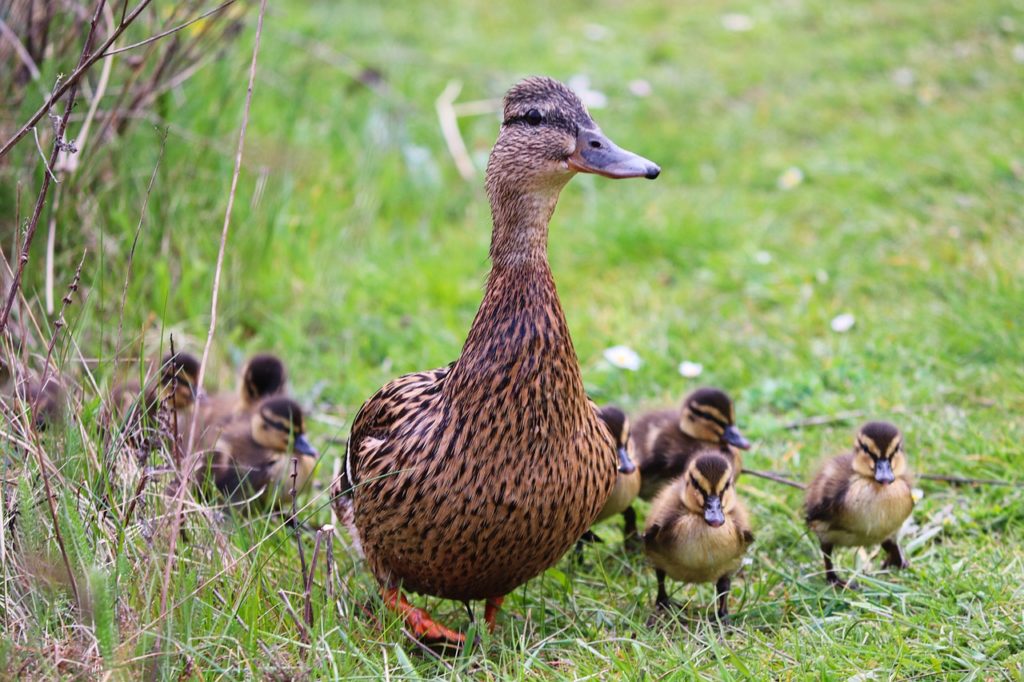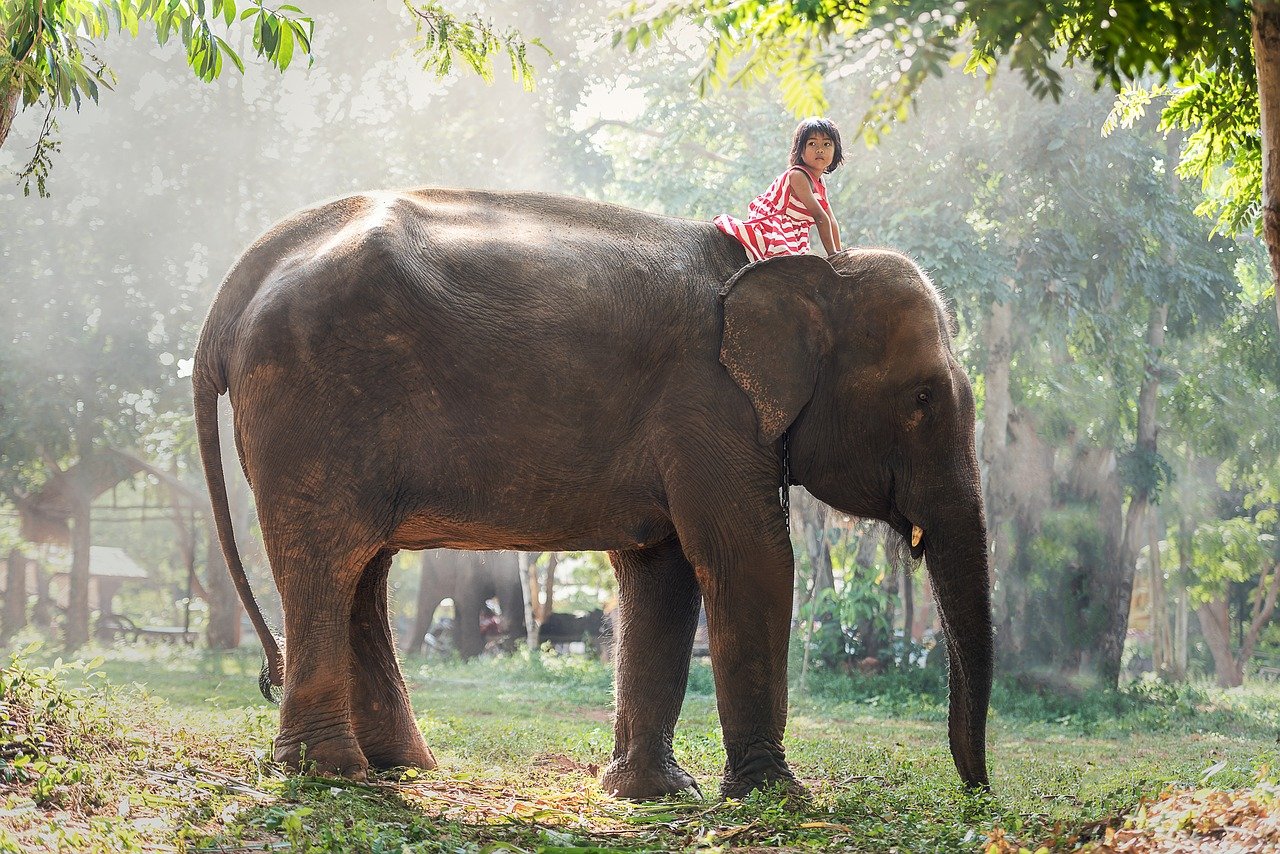ERM-4.2
ERM*: Self-Awareness
– And the Observing Self –
As both a psychological skill and practice, self-awareness is consciously engaging with – as in bringing your focus on, paying attention to, and acknowledging – the inner life of our being as realized through our cognitive and emotional experience. This may sound rather spiritual, ephemeral, even religious…but don’t let biased thinking get in the way of learning about – and then learning – this essential practice that enables and promotes one’s personal and healthy well-being.
Now self-awareness as a mental state can seem obvious…as in “Of course I am aware of being conscious, and of what’s going on within me.” This can manifest as the momentary experience of “being aware of being aware” [1] and is argued by some as what distinguishes human beings from all other species.
But self-awareness is also realized in one’s ability to engage a particular mindset, best described as a viewpoint – or perspective – from which we can observe our thoughts and feelings, using and developing language to identify, connect, and make sense of our experience. It’s a place from which we can look at that experience without being caught up in it…and thus provide “a space” in which those thoughts and feelings can move, be considered in a more detached, objective, less emotional, and less biased way, and ultimately help us move forward.
In the ERM this is a Rider practice…a skill both useful and necessary to facilitate intimate self-knowledge and enable learning, problem-solving, self-care, and discovery. It is a process – a mindful practice…and one that can also result in our knowing, or believing, what training (or re-training!) could benefit our Elephant (that is, ourself!).
______
This skillful use of self-awareness is realized through a process of engaging the Observing Self – a term used (and here presented [2]) to describe the conscious mind’s ability to look at itself and see what’s going on…and, with practice, do so when appropriate in an increasingly objective and non-judgmental way. This leads to some real positives; like discovery, clarity, and insight.
This is not, however, a mental process or skill one usually learns at a young age. Rather, most people’s upbringing and experience has been more one of a prescriptive conditioning; i.e., limited (and limiting) learning of only what we’re exposed to, what we’re taught and told, or expected to know and do. Only rarely, if at all, are we as children ever educated about learning to be – and be comfortable with – our self.
And it doesn’t help that our ever-emerging technology – for all its magnificent provisions – can more often serve to distance and distract us, even as adults, from that inner life of our mind and being. It’s a place we might once have known when very young yet may have now become a strange, even feared and uncomfortable place to visit…
______
How unfortunate that the one skill which can best serve our needs and desires – to be, do, achieve and experience – is hidden, or withheld from us, by an adult world with such universal ignorance and impunity.
And yet…the hopeful fact remains: We can learn to practice self-awareness, to develop this psychological skill, and thus improve our capacity to better manage life’s difficulties and painful feelings, weather crises, improve our thinking and thinking skills, and appropriately attend to our own health and well-being. And consequently that of others as well…
_____________________________
[1] Momentary because of course it doesn’t last; i.e., your executive functioning focus soon moves on to something else.
[2] The term “Observing Self” is taken from ACT Made Simple, Russ Harris, 2009.
_____________________________
*Elephant/Rider Model: The Happiness Hypothesis, Jonathan Haidt, 2006.



